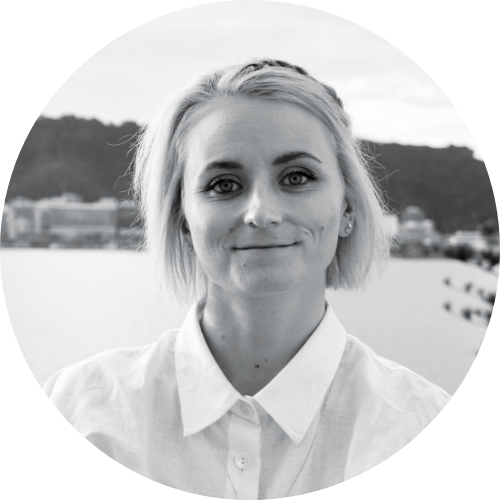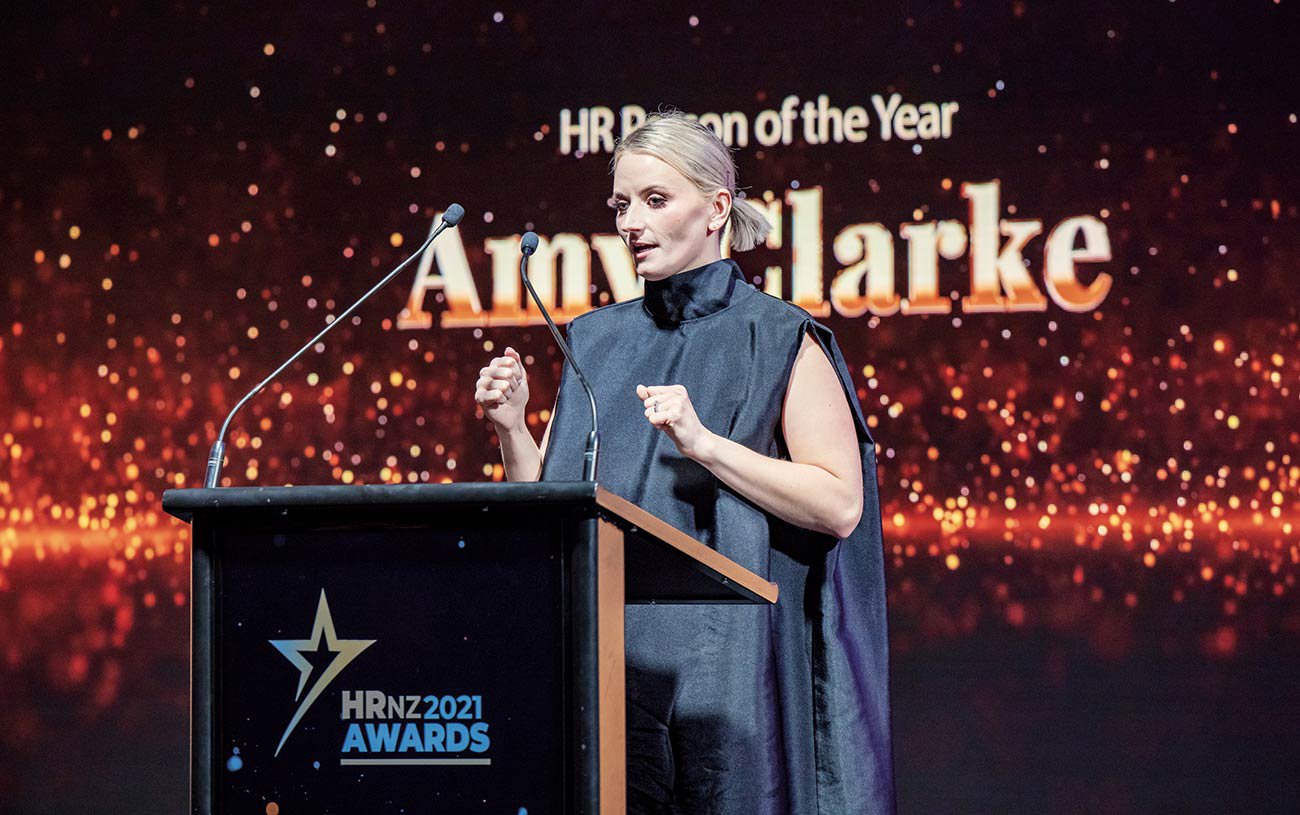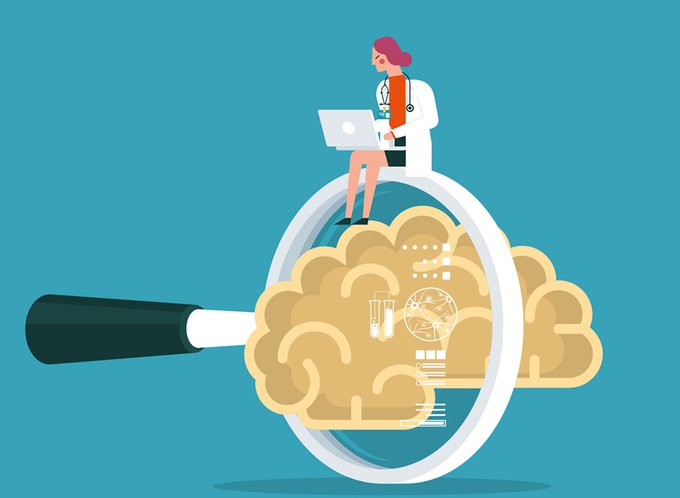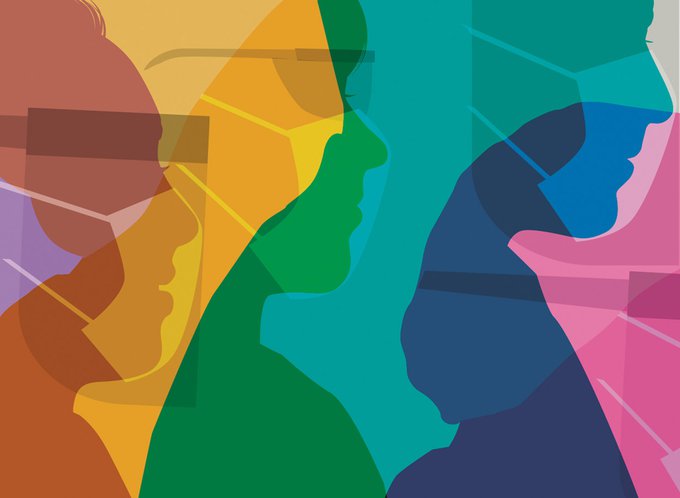In the first of a new series profiling the work of MAS’s partner organisations, Human Resources New Zealand Manager of Professional Standards and Development Amy Clarke discusses how her career in HR has been shaped by her enduring love of science. Amy believes the new ways of working adopted during COVID-19 lockdowns have made the workforce more accessible for many.
By Amy Clarke
 It might not seem like science and human resources go together naturally, but my science education has informed how I approach my work in human resources.
It might not seem like science and human resources go together naturally, but my science education has informed how I approach my work in human resources.
I’ve always had a natural inclination for science and always sought to understand the ‘why’ of things. Science, for me, was always about being open-minded and curious.
Looking back on my career, it feels like a very natural fit for me to have found a home in HR, even if that was certainly not in the long-term plan on leaving university.
I left school not really knowing what I wanted to do, so I pursued the subjects I found the most interesting, eventually gaining a Bachelor of Science with Honours from Victoria University. After graduating, I took a short-term role in a science-adjacent organisation, thinking a foot in the door was a good plan, even if I wasn’t going to be using the technical aspects of my degree. Before long, I became an HR administrator.
New to the corporate world, HR was all very new to me, but having the opportunity to learn more about how the ‘people’ aspect of organisations worked really spoke to the analytical part of my brain.
A year into the role, I had to make the call between jumping back into science (things move so quickly, so much of what I’d already learned was fast becoming out of date) and pursuing HR instead.
Ultimately, HR won out.

Amy Clarke receiving her HR Person of the Year award at the 2021 NZ HR Awards
COVID-19 and HR
Given my love of science, I’ve got a natural interest in both the mechanics of the COVID-19 virus and its movement across the world as well as the social-science component to the pandemic response. It’s been fascinating to watch the way the world has had to adapt and what the consequences of different decisions have been, particularly when I put an HR lens on that.
I’m very aware that we’re in an incredibly fortunate position here in Aotearoa. We have had leadership make decisions based on science and fact rather than fear and misinformation, but there are lots of things we can still take as learnings.
Some lessons from COVID-19 stand out more than others for me. The way it has exacerbated pre-existing disadvantages is something I think we should be talking more about.
Embracing flexible working was a necessity during the pandemic.
While many workplaces have largely gone back to previous ways of working, I think it’s really important to keep the conversation going about this. Continuing to embrace and adopt these practices is not just an optional luxury.
Things like remote or flexible working have been viewed in the past as a privilege rather than a normal and valid way of working.
For many people, though, flexible or remote working has made full-time or even part time work accessible and possible for the first time. There are people with chronic health conditions who struggle to come in and work a full week in the office for many different reasons. Through flexible working and working through home, they’ve found a way to contribute to business objectives without compromising their own health and wellbeing.
These new ways of working also mean people who have childcare or dependant responsibilities have more suitable ways of working. Without having to commute to an office, some now have time in the day to work part-time or, with this new flexibility, can work full-time.
Those who are part of the disability community have also been able to work in an environment that doesn’t compromise on their accessibility needs, and those who work best in a low-stimulus environment can be in a space where they are able to focus and do their best work.
The best thing that has come from working through the pandemic is the clear realisation that one size does not fit all – and we should not expect it to.
The reality is expecting people to conform to traditional ways of working will continue to privilege those who are already benefiting from the status quo and will continue to disadvantage those who are currently disadvantaged.
Know someone who might enjoy this?
Professional life
See all-
March 2021
Made for today a century ago
-
March 2021
The great brain gain
-
March 2021
A hectic, horrific working holiday
-
March 2021
Smooth sailing for Southern Spars



